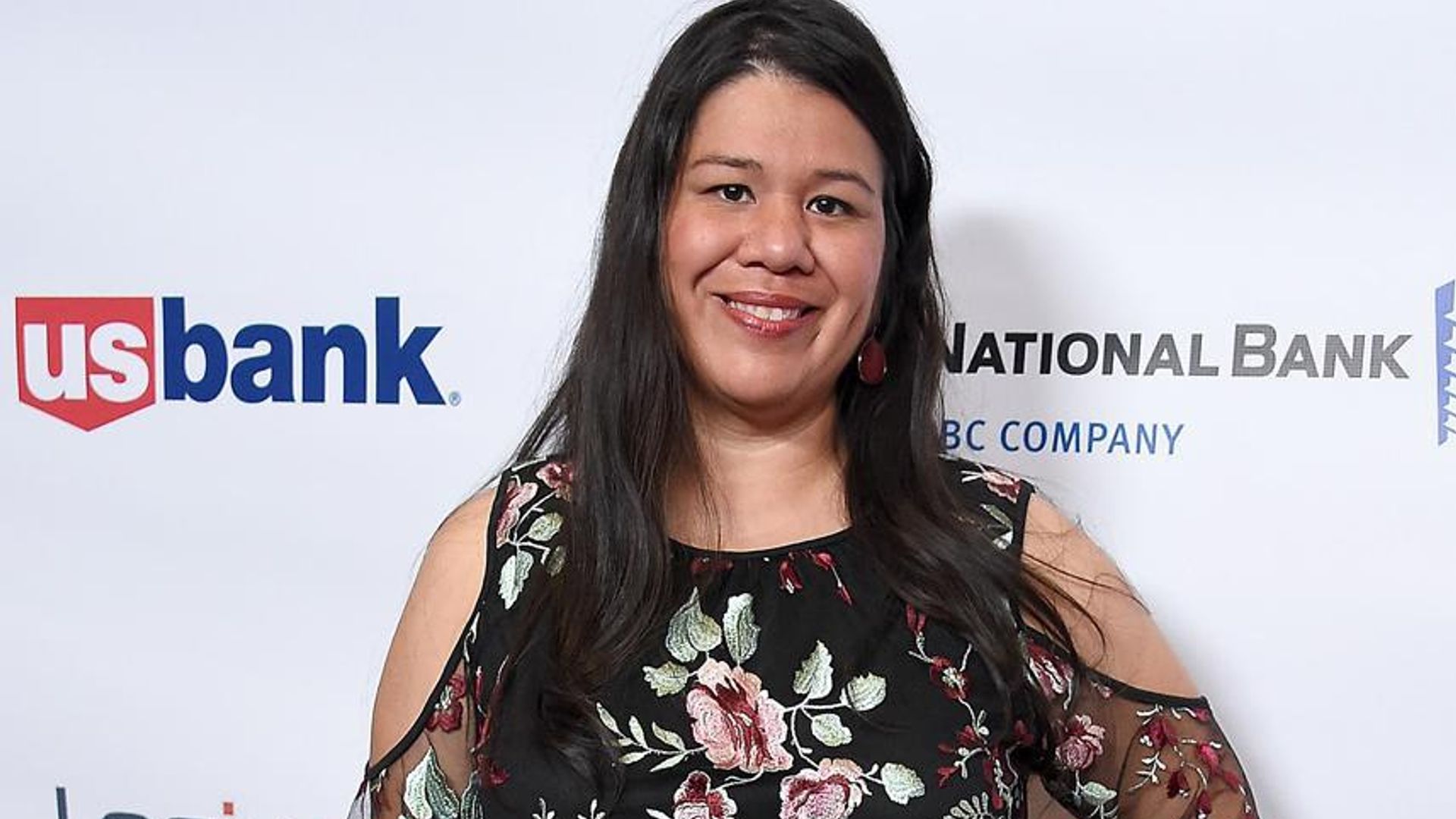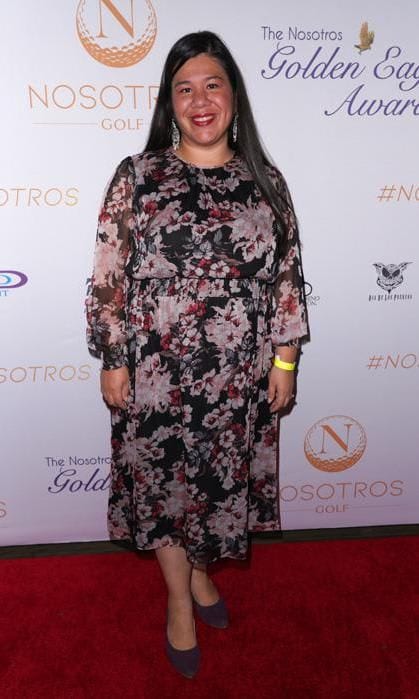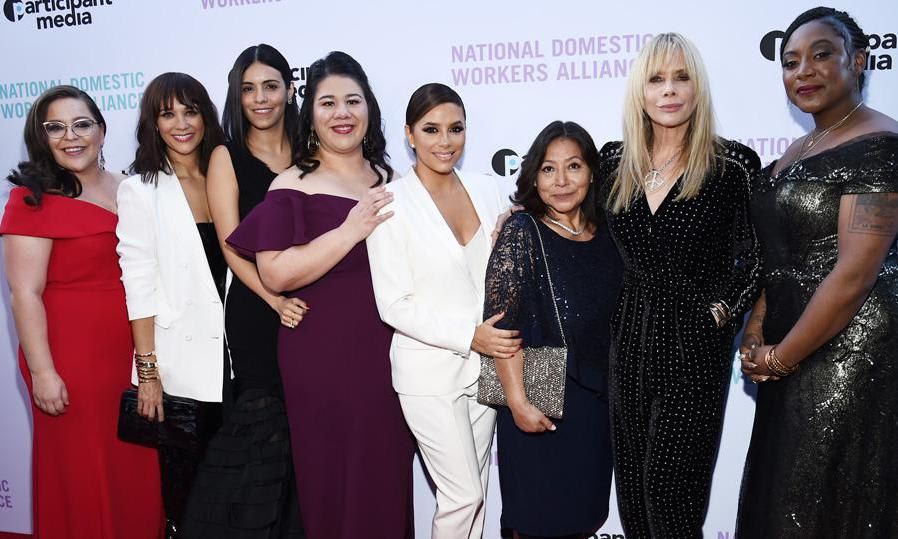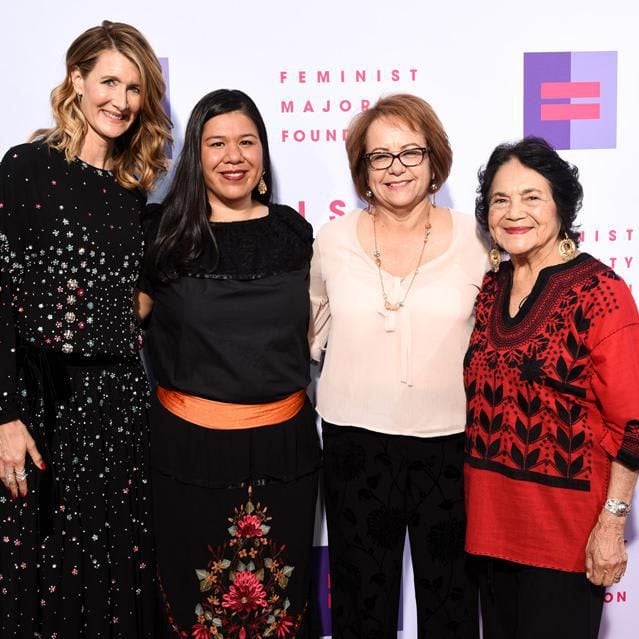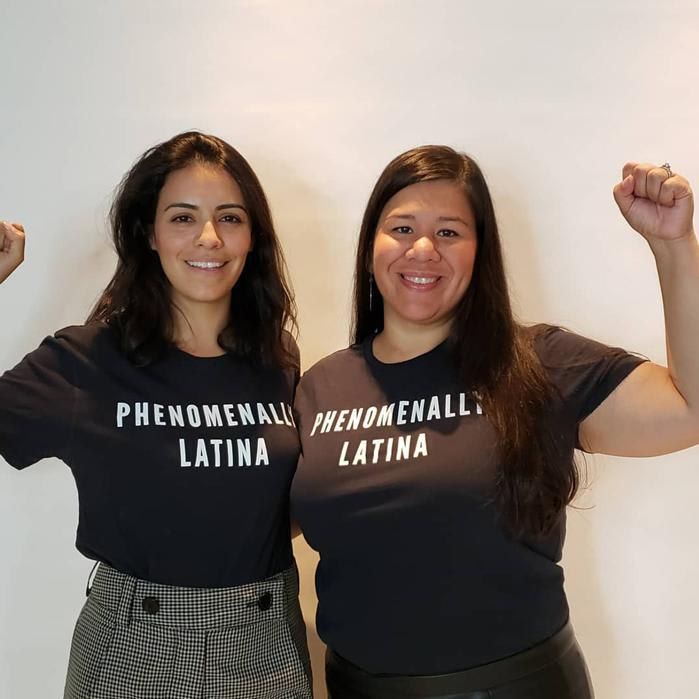HOLA! USA wants to empower the Latinx community with narratives about the contributions that Latinos have made in the U.S. It is time to celebrate our Latinidad in all its glory. These are our stories; this is Latinx.
It’s not an easy thing to read or hear that children are the ones picking and planting crops for the food that ends up on your dinner table. You read that correctly: children. The harsh truth is that children as young as 12 years old in the agricultural industry are allowed to work long hours under the sun and in hazardous conditions. Many of these children, live in mixed status families, including undocumented parents. These children are farmworkers exposed to dangerous chemical fumes, harassment and even violence.
What’s even more shocking is that Congress has allowed children to lawfully work in this industry without the same kinds of safeguards as other working kids in the US. So you see, it is not against the law for them to be placed in these unsafe and dangerous situations, such as operating heavy equipment and handling other perilous materials most children aren’t even aware exist. Furthermore, farmworker girls are at risk of sexual assault and harassment from co-workers, company owners and supervisors.
But if these heartbreaking facts are new to you, you’re not alone as the majority of the country isn’t aware of the process that goes on between picking crops and having them served on your dinner plate. For these reasons, activist and civil rights attorney and author, Mónica Ramírez, has been trying to fight for the rights of farmworkers children by bolstering the protections available to them under the Care Act. The CARE Act would provide farmworker children with additional safeguards and rights. The measure has not passed in Congress, despite being introduced every year since 2009.
“Children today still work in the fields without the same kind of restrictions that are in place for other kids who work in the US. These kids sometimes work in the fields in the morning and then go to school to have a full school day alongside other children and while everybody else would have extracurricular activities these kids are working in the fields until dark. These children should have the same opportunities and protections as other children," Mónica told HOLA! USA.
Mónica explained the severe conditions in the agricultural industry, “We know that agriculture specifically is the number one or number two most dangerous occupation in this country. There are children who die in the fields every summer, every year,” she stated. “There are kids who die from being hit by tractors, sprayed with chemicals, and mothers who are having children that are born with deformities,” she added. “That is really the backdrop that we're working with. The Care Act was written and introduced to help protect these children."
As a means to end these unacceptable conditions within the agriculture industry, the Care Act “raises labor standards and protections for farmworker children to the same level set for children under other occupations.”
"There's something that's happening in our country right now where we have work recruiters who are specifically recruiting, teen girls and young girls, and excluding older women. This is very concerning to us because it means that women are experiencing age discrimination and these young women are at risk for the rampant sexual harassment that exists in agriculture," informed the Bandana Project founder.
How can you help make a difference? “We need to get people to contact their members of Congress,” stated Mónica. “We need to get members of Congress on board to support this bill."
The best way to find your members of Congress is by visiting Whoismyrepresentative.com and entering your zip code or state for an immediate response. Moreover, spreading the word with your friends, family and as many people as possible will help raise awareness and hopefully make for change."
